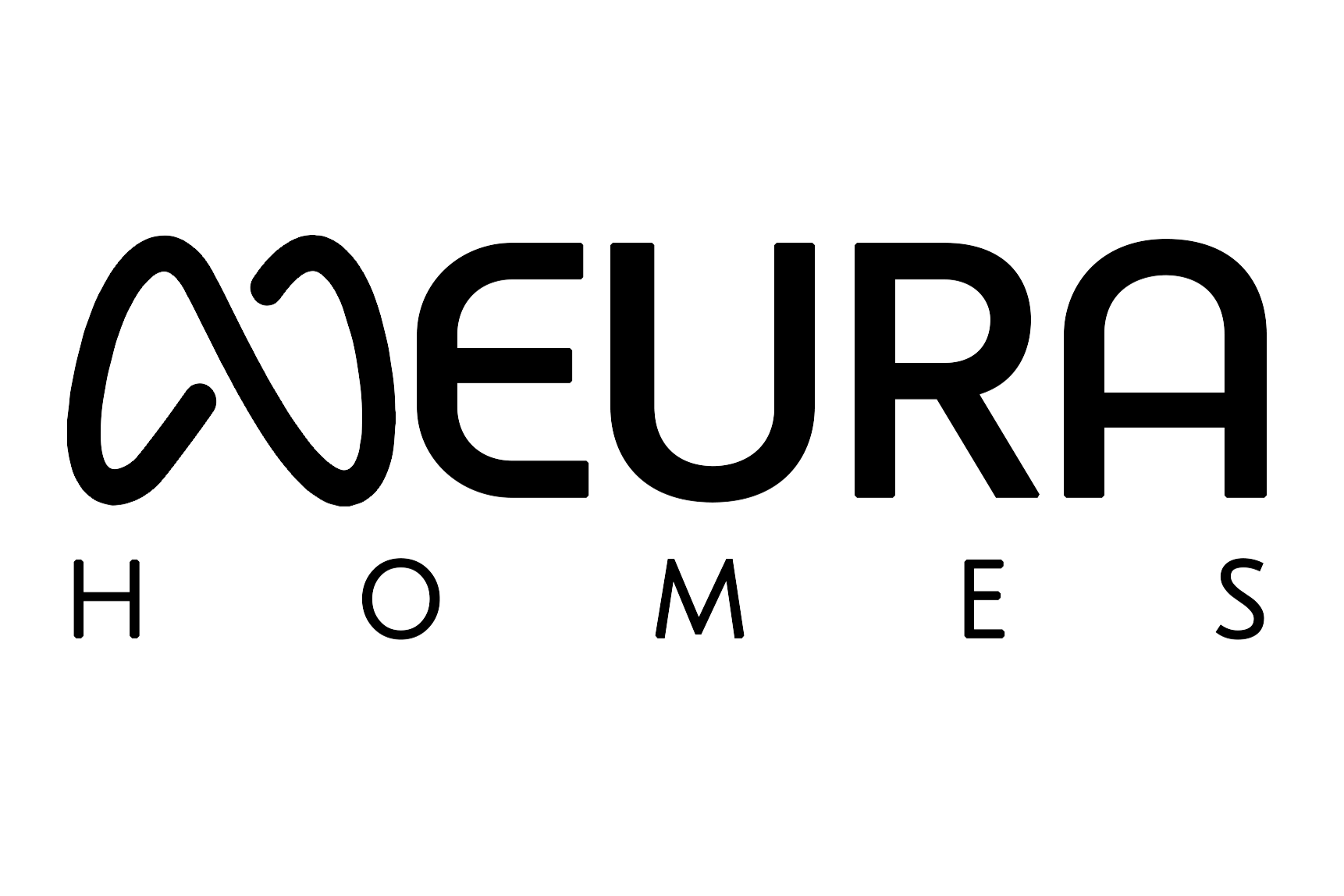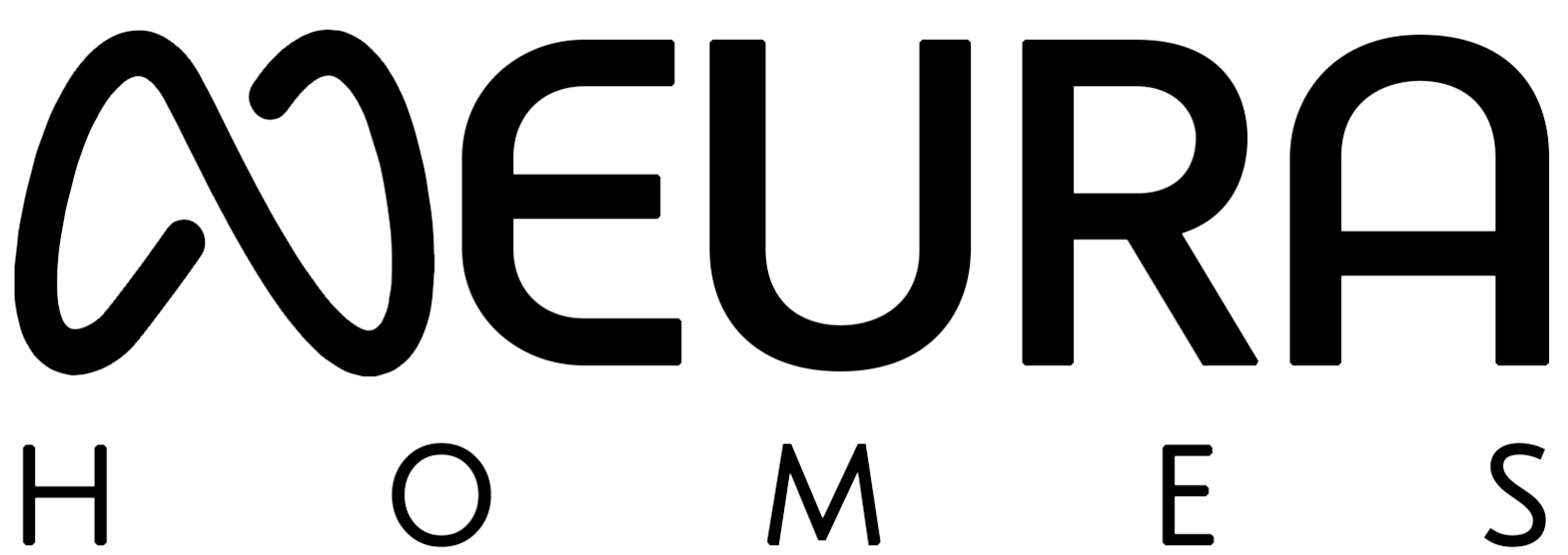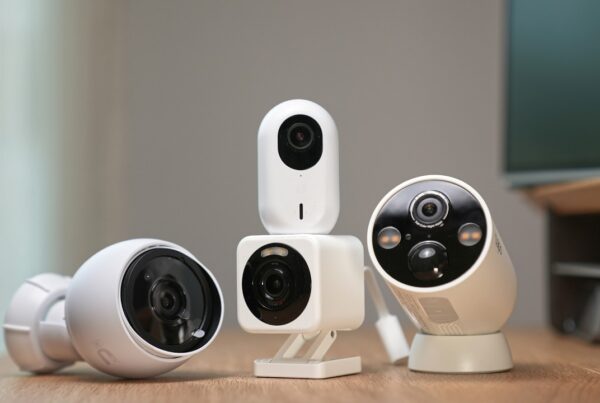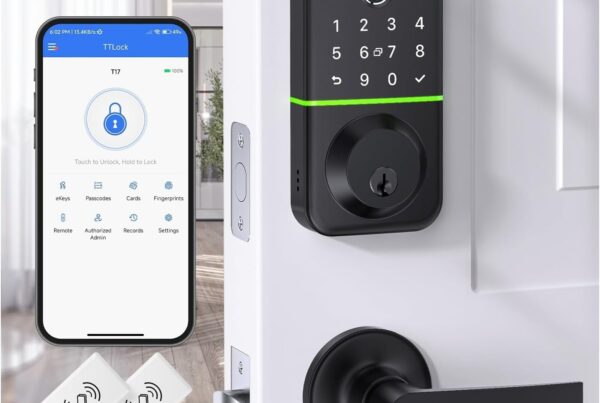Security camera hacking prevention is a growing concern for homeowners who rely on smart surveillance systems. While security cameras are essential for protecting homes, they can also become targets for hackers if not properly secured. Unauthorized access to your cameras can lead to privacy breaches, security risks, and even identity theft. To ensure your surveillance system remains protected, follow these best practices.
1. Change Default Credentials Immediately
Most security cameras come with default usernames and passwords, which are often easy to find online. Change these credentials as soon as you set up your device. Use a strong, unique password that combines uppercase and lowercase letters, numbers, and special characters.
2. Enable Two-Factor Authentication (2FA)
Many smart security systems, including those from NeuraHomes, offer two-factor authentication (2FA). This adds an extra layer of protection, requiring a verification code in addition to your password when logging in.
3. Keep Your Firmware Updated
Manufacturers frequently release firmware updates to fix security vulnerabilities. Check your camera’s settings regularly to ensure it’s running the latest software. If available, enable automatic updates to keep your system protected.
4. Secure Your Wi-Fi Network
Since security cameras connect to your home network, securing your Wi-Fi is critical. Here’s how to do it:
- Use a strong password and change it regularly.
- Enable WPA3 encryption for maximum security.
- Set up a separate guest network for visitors.
- Disable remote access unless absolutely necessary.
5. Use a Firewall and VPN
A firewall acts as a barrier against unauthorized access to your home network. If your router supports it, enable the firewall settings. Additionally, using a Virtual Private Network (VPN) can encrypt your internet connection, making it harder for hackers to intercept data from your cameras.
6. Disable Unnecessary Features
Some security cameras come with remote access, voice control, or cloud storage features that may not be necessary for your setup. If you don’t use these options, disable them to minimize security risks.
7. Monitor Camera Activity Logs
Regularly check the activity logs on your camera app to identify suspicious login attempts or unauthorized access. If you see unfamiliar devices or failed login attempts, change your password immediately and enable 2FA if you haven’t already.
8. Invest in Secure Smart Home Solutions
Not all security cameras are built with cybersecurity in mind. Choosing high-quality cameras with advanced encryption and AI-powered security—like those from NeuraHomes—can provide better protection against hacking attempts.
9. Store Footage Securely
Avoid using unsecured cloud storage services for your camera footage. If possible, store recordings on a secure, encrypted local storage device rather than a publicly accessible cloud server.
10. Regularly Reset Your Cameras
Perform periodic resets on your security cameras to clear out any potential security vulnerabilities. This also ensures that they continue to operate smoothly with the latest security updates.
Final Thoughts
Effective security camera hacking prevention is essential to keeping your home safe from cyber threats. By following these best practices, you can ensure that your security cameras remain protected from unauthorized access. NeuraHomes provides secure, AI-powered smart home security solutions to help homeowners safeguard their properties while maintaining convenience and peace of mind.




